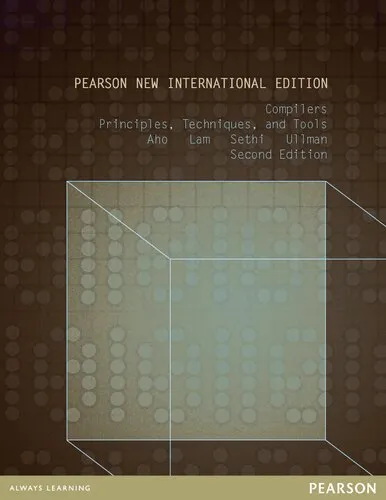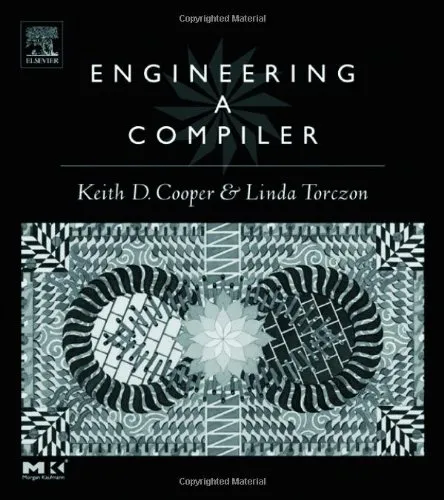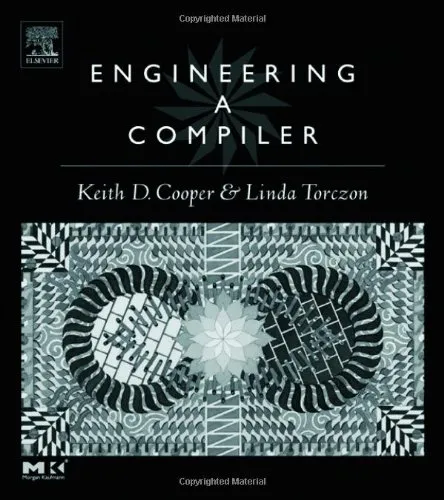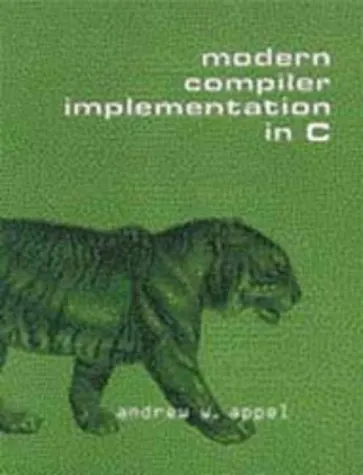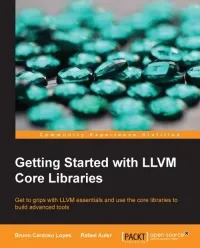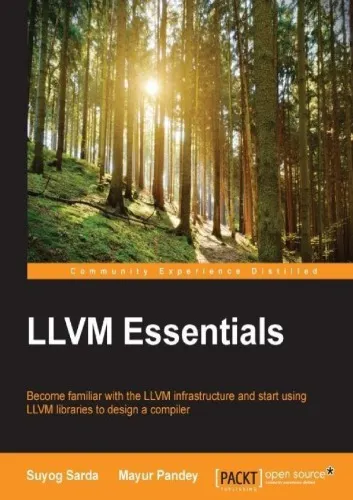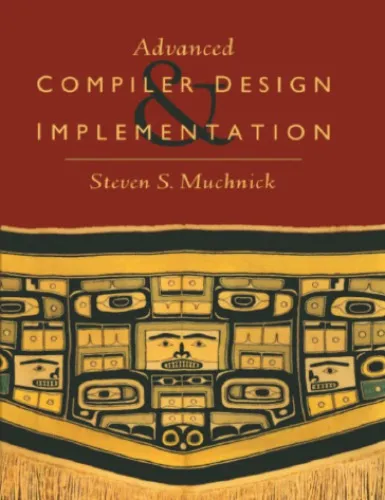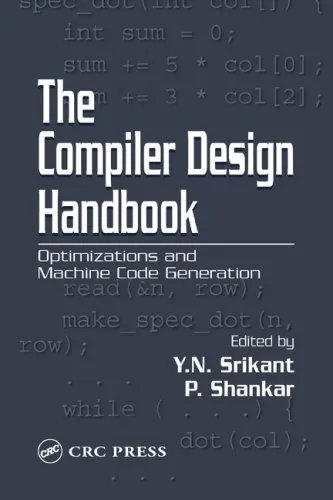Compilers: Pearson New International Edition: Principles, Techniques, and Tools
4.6
Reviews from our users

You Can Ask your questions from this book's AI after Login
Each download or ask from book AI costs 2 points. To earn more free points, please visit the Points Guide Page and complete some valuable actions.Related Refrences:
Introduction to "Compilers: Pearson New International Edition: Principles, Techniques, and Tools"
Compiler design is a sophisticated and intricate field that plays a crucial role in the world of computer science. "Compilers: Pearson New International Edition: Principles, Techniques, and Tools," also known fondly as the "Dragon Book," is a comprehensive guide that systematically explores the multitude of concepts required to build a compiler. As a seminal resource by A.V. Aho, Monica S Lam, R. Sethi, and Jeffrey D. Ullman, this book provides exhaustive coverage of compiler theory, whilst furnishing readers with insights into practical compiler design and construction.
Detailed Summary of the Book
The journey through the "Dragon Book" starts with an introduction to compilers, their function, and the underlying principles that define how they operate. Readers are introduced to the concepts of lexical analysis and syntax analysis, which are explained thoroughly to establish a solid understanding of how source code is broken down and parsed. This serves as a precursor to chapters elucidating semantic analysis, which ensures that given source code conveys meaningful instructions.
As readers progress, they encounter an in-depth discussion on intermediate code generation and run-time environments, bridging the gap between high-level programming languages and machine code. Here, the nuances of data flow analysis and optimization techniques are meticulously covered to illuminate the processes that enable efficient execution of programs.
The latter sections delve into code generation and optimization, which are pivotal in translating intermediate code into efficient machine code, ensuring that final executable programs run optimally. Throughout the text, reference to real-world examples aids in conveying abstract concepts, making the knowledge applicable to practical scenarios.
Key Takeaways
One of the primary takeaways from this book is the comprehensive manner in which complex compiler design topics are deconstructed. Readers gain a robust framework of understanding, from the high-level architecture of compilers to the minute details of code optimization. The book's structure ensures that learners acquire a step-by-step mastery of the foundational algorithms and implementation strategies fundamental to compiler construction.
Furthermore, the book teaches the skill of algorithmic thinking and systematic problem-solving. By understanding compilers, programmers and designers hone their capacity to think like a compiler, optimizing code and improving software design and performance.
Famous Quotes from the Book
- "Designing a compiler is a challenging task and very often serves as the capstone course for undergraduate students in computer science."
- "Compilers are majestic in offering a tapestry of methodologies and they require equal parts of theoretical insight and practical application."
- "The dragon slain by the compiler construction process is the complexity involved in bridging the gap between high-level language design and machine-level implementation."
Why This Book Matters
"Compilers: Pearson New International Edition: Principles, Techniques, and Tools" holds its place as a definitive text because it lays a strong theoretical and technical foundation indispensable for anyone delving into the realm of compiler construction. The book's enduring authority is evidenced by its widespread adoption in academia and industry alike, serving as a key reference text for both students and professionals.
With the rapid evolution of programming languages and computing paradigms, understanding the principles that underlie compiler design remains essential. This book not only equips readers with the knowledge to build robust compilers but also instills an appreciation for the craftsmanship involved in engineering software that serves as a critical bridge between human logic and machine execution.
Free Direct Download
You Can Download this book after Login
Accessing books through legal platforms and public libraries not only supports the rights of authors and publishers but also contributes to the sustainability of reading culture. Before downloading, please take a moment to consider these options.
Find this book on other platforms:
WorldCat helps you find books in libraries worldwide.
See ratings, reviews, and discussions on Goodreads.
Find and buy rare or used books on AbeBooks.
1730
بازدید4.6
امتیاز0
نظر98%
رضایتReviews:
4.6
Based on 0 users review
Questions & Answers
Ask questions about this book or help others by answering
No questions yet. Be the first to ask!
